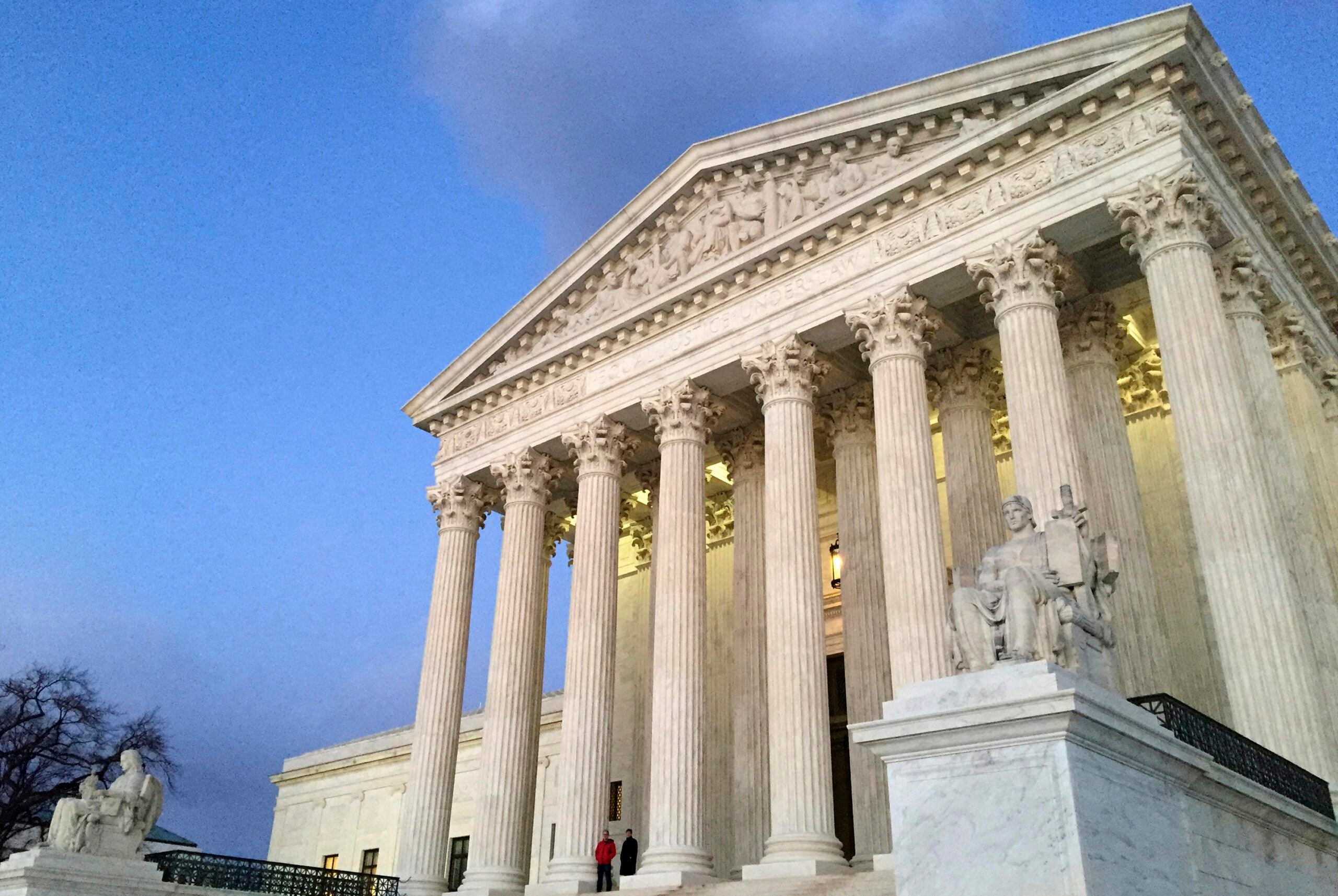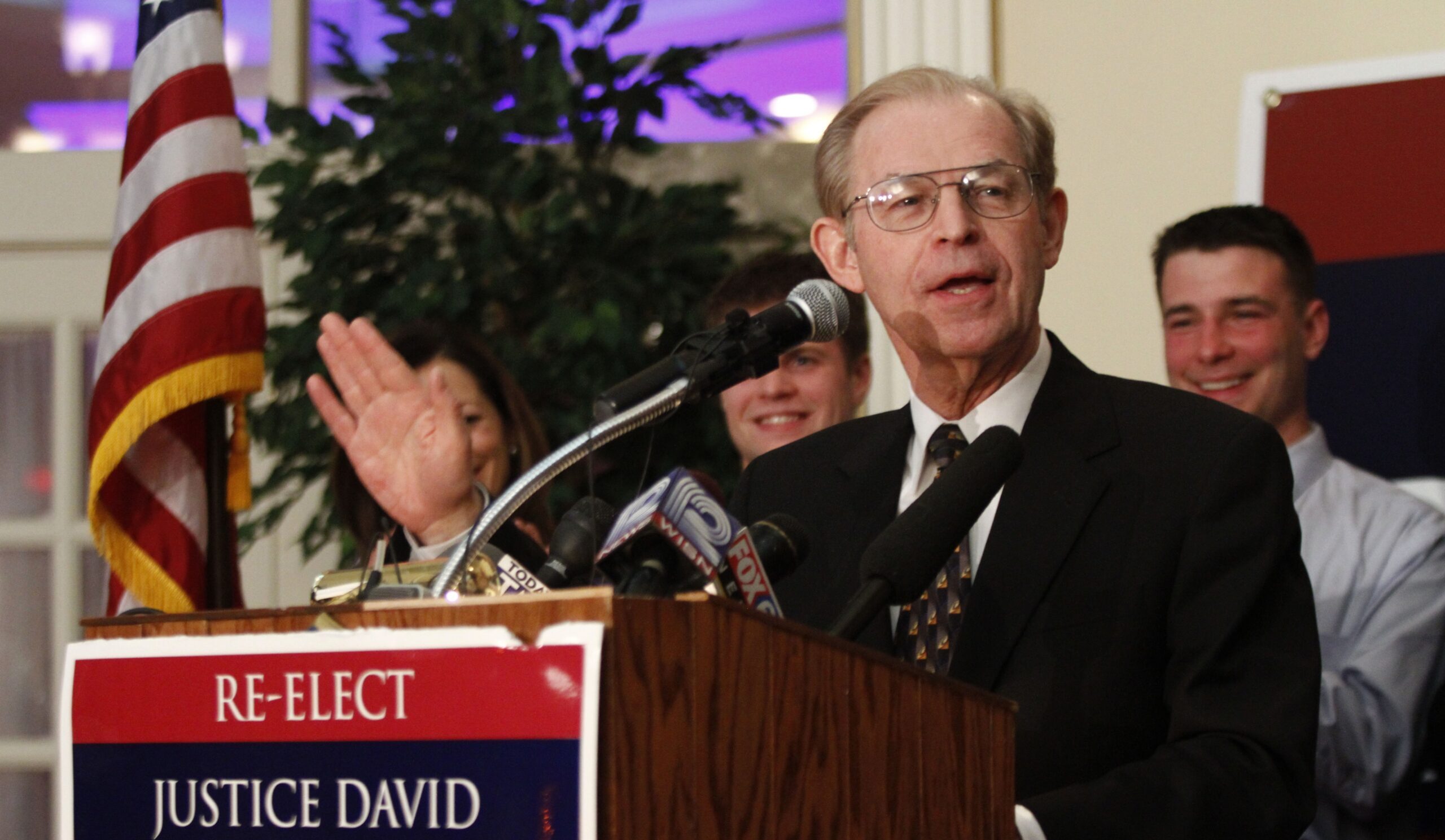The U.S. Supreme Court has ruled to uphold a Wisconsin state court decision in a St. Croix County land dispute. In a 5-3 ruling, justices affirmed that members of the Murr family weren’t entitled to compensation after regulations prevented them from selling a piece of riverfront property.
The Murr family bought two land parcels, including a family cabin on one, in the 1960s. The St.Croix River received federal protections in 1972, which barred development on pieces of land smaller than one acre. There was about an acre of developable land on the two plots, so they were combined into one lot under federal regulations. When the Murr children attempted to sell the land that didn’t have the cabin, the sale was blocked by county regulations.
Todd Gaziano, executive director of the Pacific Legal Foundation’s D.C. Center, a right-wing public law firm, represented the Murr family in the case pro bono.
Stay informed on the latest news
Sign up for WPR’s email newsletter.
He said the two land parcels were bought at different times for different purposes and shouldn’t be considered as one parcel. He also believes the decision infringes on the Murr family’s property rights.
“Certainly the Pacific Legal Foundation will be looking for opportunities to improve protections for property rights and certainly to vindicate the right that wasn’t protected today,” Gaziano said following the ruling.
Gaziano said the foundation would work to see the decision overturned if the makeup of the court changes.
Donna Murr said in a statement that her family was “certainly disappointed” by the ruling.
Justice Anthony Kennedy wrote the majority opinion and was joined by justices Stephen Breyer, Sonia Sotomayor, Elena Kagan and Ruth Bader Ginsburg.
Chief Justice John Roberts wrote the dissenting opinion and was joined by justices Clarence Thomas and Samuel Alito. Justice Neil Gorsuch was not on the Court during the oral arguments and did not participate.
Wisconsin Public Radio, © Copyright 2025, Board of Regents of the University of Wisconsin System and Wisconsin Educational Communications Board.



